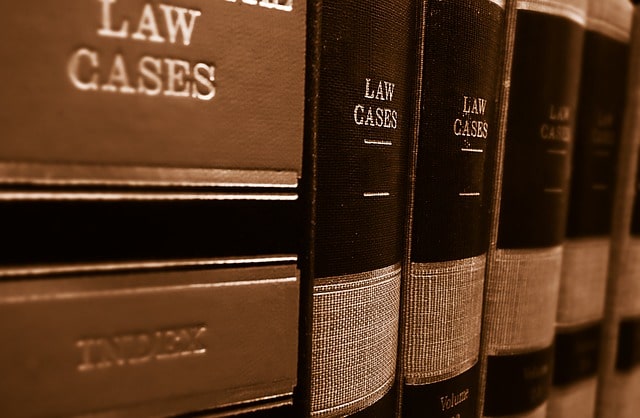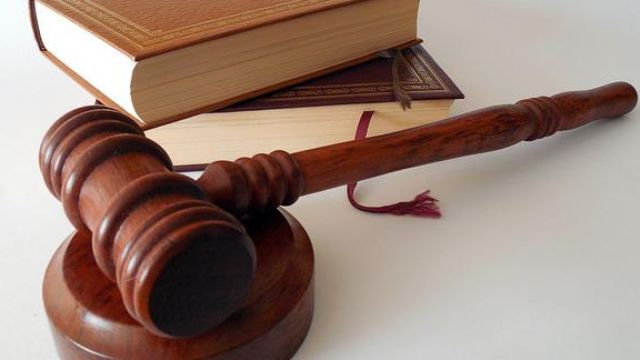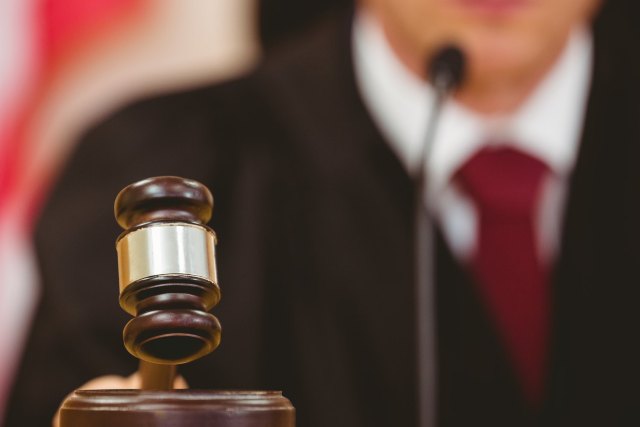Trusted Criminal Law Attorney
What is the difference between civil and criminal cases? Unravel their dissimilarity and legal implications with Conoscienti and Ledbetter. Call now for help.
 Author: J. Blake Ledbetter, Partner, Conoscienti & Ledbetter
Author: J. Blake Ledbetter, Partner, Conoscienti & Ledbetter
Mr. Ledbetter specializes in civil litigation in metropolitan Atlanta, Georgia, and possesses vast experience in wrongful death lawsuits. Mr. Ledbetter was recognized as a SuperLawyers Rising Star in 2018 and 2019 in the area of Civil Litigation. Published on November 09, 2023.

Speak with experienced criminal defense lawyer today, for free.
Are There Any Differences Between Civil and Criminal Cases?
The United States (U.S.) justice system addresses misconduct in two different ways: civil cases and criminal cases. Although both cases examine the violation of an individual’s right with an aim to establish fault, they are different in several ways.
Civil cases involve disputes between two parties on a specific issue. One party files a lawsuit against the other party, and the civil court decides the liability and the amount of damages to be awarded.
In civil disputes, the judge may order the guilty party to pay compensation to the injured party or fulfill an obligation.
Criminal cases, on the other hand, treat offenses as an act against society as a whole rather than an individual. If you commit a crime, the government will take legal action against you. A criminal conviction may include a prison sentence, fines, or probation.
Sometimes, an offense may result in civil and criminal action against the accused. If that happens, you may find yourself facing both civil and criminal charges.
Are you facing accusations for an offense and are unsure of the type of lawsuit that will be filed against you? A qualified attorney like those on our team at Conoscienti & Ledbetter can examine your case and explain the consequences that may arise if legal action is taken.
What Is the Difference Between Civil and Criminal Cases?
They Involve Different Bodies of Law
Civil and criminal law have fundamental differences in Georgia. Criminal law focuses on guilt, while civil law deals with liability. The aim of criminal cases is to punish offenders for their crimes and deter others from committing the same. However, civil cases are filed to get offenders to fulfill a legal obligation or compensate another party for harm done.
Civil law usually governs matters related to personal injury, divorce, child custody, and property damage. Criminal law governs matters related to offenses such as murder, rape, and armed robbery. After the judge makes a decision in civil cases, either the plaintiff or defendant can appeal the decision. In criminal cases, only defendants can appeal the decision of a state or superior court.
Filing a Case Under Both Laws is Different
Criminal offenses are committed against the state, and it is the state that brings legal action against you. A prosecutor acts on behalf of the state government and files the case in criminal court. In contrast, civil cases are filed by the party seeking amends or compensation for a wrong or injury.
The Burden of Proof Required in Both Cases Are Different
The stakes are higher for defendants in criminal cases than in civil cases. In criminal cases, the prosecution must prove beyond a reasonable doubt that you committed the offense. The presumption of innocence is applied, meaning that you are innocent until proven guilty.
The burden of proof is lighter in civil cases, which are determined by the preponderance of evidence. If there is more than a fifty percent chance that one party is guilty, the case is proven.
Legal Protection and Representation Requirements Differ
Defendants under criminal law have other rights which are protected by the U.S. Constitution. Some of these include the right to an attorney and protection from illegal searches and seizures conducted by police officers. If the defendant in a criminal case cannot afford an attorney, the state is obligated to appoint one for them.
This is not the case for a defendant under civil law. Defendants in civil cases who need the assistance of a lawyer must provide their own legal representation.
The Penalty Awarded for Liability is Different
Civil claims generally result in the award of monetary damages or injunctions. However, the punishment for crimes varies depending on the severity of the crime.
Less severe crimes are called misdemeanors and carry lesser punishments, such as a jail sentence or probation. More serious crimes, known as felonies, carry harsh sentences. These may include long prison sentences or even life imprisonment.
The Trial Process
Defendants who commit a criminal act have a right to trial by a jury under the Sixth Amendment of the U.S. Constitution. Although some civil cases may be tried by a jury, they are generally tried by a single judge.

Speak with trusted criminal defense lawyer today, for free.
Are There Cases That Involve Both Criminal and Civil Law?
There are certain situations where a court case can be both civil and criminal. This occurs when you commit a crime and a wrong against another person through the same conduct. For example, while driving under the influence (DUI), you hit a pedestrian, and they die in the process.
In such a situation, you can be charged with a DUI offense in criminal court. The victim’s family can also file a wrongful death claim against you in civil court. Therefore, you may face both a civil and criminal case. This means you will suffer penalties in both cases if convicted or found liable.
A criminal conviction for DUI does not mean that you will be automatically held liable for wrongful death in civil court. The other party will still be required to prove that you are liable in a civil case.
Consult an Experienced Civil and Criminal Law Attorney
Knowing the differences between criminal and civil cases can help you choose the right strategy to apply in your situation. If you are seeking compensation for an injury or property damage, you can file a claim in civil court. If you are facing criminal prosecution, you can contact a criminal defense attorney to start preparing a defense strategy to fight your charges.
Remember, you may be exposed to both criminal and civil liability at the same time. If that happens, our attorneys at Conoscienti and Ledbetter can evaluate both cases and fight to dismiss some of your charges.
We can provide you with legal advice and help you gather the evidence that is needed to hold a negligent party accountable for your injuries. We can also gather evidence to help you avoid a criminal conviction.
If you are worried about a civil or criminal case and how it may affect you, get in touch with our attorneys today.
Decatur Office
(404) 373-5800
315 W Ponce de Leon Ave. Suite 400 Decatur, GA 30030




